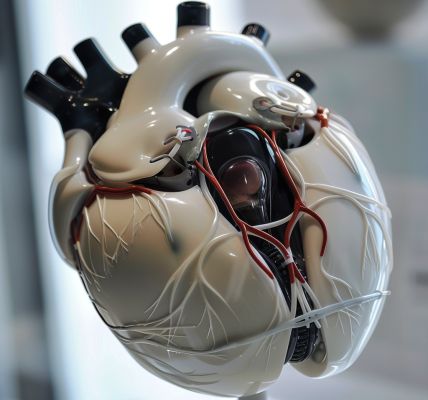Daylight saving time (DST) has long been a topic of debate, with concerns about its potential impact on people’s health. However, a new study has found no evidence to suggest that the biannual time switch has any significant effect on heart health.
The study, which tracked data from over 36 million adults in the U.S. over a period of five years, found no clear connection between the transition to and from DST and an increase in heart attacks, strokes, cardiac arrest, or heart disease.
Lead researcher Dr. Benjamin Satterfield, a cardiovascular diseases fellow with the Mayo Clinic, emphasized the study’s findings, stating that there is unlikely to be a clinically meaningful difference in cardiovascular health due to daylight saving time.
The research focused specifically on the week following the spring and fall time transitions, when clocks either move forward or backward by an hour. While there was a slight increase in heart-related health events on the Monday and Friday following the spring transition, the study concluded that this increase was not significant enough to cause concern.
The study’s findings, published in the journal Mayo Clinic Proceedings: Innovations, Quality & Outcomes, have important implications for public health policy. Senior researcher Bernard Gersh, a Mayo Clinic cardiologist, emphasized that concerns about heart health should not be a factor in decisions regarding the abolition of daylight saving time.
Ultimately, the study provides reassurance for the general public, indicating that there is no need to worry about adverse effects on heart health resulting from the transition to and from daylight saving time.





